|
3rd June 2022 We're round Simon's for some Friday night fun. Apparently, delving into dangerous dungeons in adventuring parties is a hazardous vocation, but in Arcadia Quest, there's loads of them wandering the dungeons! What's in a game?
It's hard to fault the component quality in Arcadia Quest and nothing feels cheap. It comes with a generous amount of minis The game utilises a chibi art style throughout, this extends to the hero and monster cards as well as the miniatures. The illustrations on the cards and boards is colourful and has a lot of character. Arcadia is a fairly miniatures heavy game and they're the components that I would say are the the most eye-catching. They're all good quality sculpts and while it's all part of the game's art direction and charm; I have to say I'm a bit ambivalent towards the chibi styling personally. As an aside; figures are supplied unpainted but haven a paint job. The game also contains a a fair amount of iconography but it never felt unintuitive. How's it play? Setup Arcadia Quest can be played as a traditional board game but is clearly meant to be played as a series of linked scenarios, thus the Campaign book will determine the specific setup required, although it will generally involve the following:
Arcadia Quest follows the typical turn structure with the active player taking their turn, then the player to the their left acting next. During their turn, the active player has 2 basic options they can choose from.
Endgame Depending on player count, the first player to complete 2/3 quests wins the game, provided at least 1 of those completed quests is a PvE quest. It's not possible to win by just fighting other players. Campaign Hang on, there's some more rules-talk after the endgame! When a scenario is completed, players earn rewards as per the scenario, quest cards and other successes in the scenario. These can be used to purchase more cards for the heroes, providing them a route to upgrade or 'level-up'. If a hero accumulated 1 or more death tokens during the scenario, then that hero will randomly acquire a death curse card, which inflicts some sort of penalty on the hero in the next scenario. Once that next scenario is completed, the death curse card is discarded. If the hero was unfortunate to die again, they would acquire a new randomly drawn death curse card. Campaign endgame If players are going through the campaign, then at the end of each scenario, each player's results are recorded on the campaign sheet and they will earn points for events that occurred in the scenario. The player who has the best overall results at the end of the campaign, wins the campaign! Overall
It's tricky to describe Arcadia Quest. Mechanically it's a pretty straightforward, player's use the fairly obvious actions on their cards, looking for ways to sync or combo effectively until they need to be refreshed. Different scenarios will present players with different options, opportunities and objectives. Objectives are always a mixture of PvE and PvP goals and players will need to be aware of retaliation from monsters as well as attacks from other players. This brings me to something I consider a bit of a bugbear. I'm not a fan of games that mix PvE and PvP elements together, particularly in a game that aspires to be 'RPG-adjacent'. As someone who's played a lot of traditional RPGs, I find it grates a little because it's not something I want from a RPG. Having said that, the other players who don't have any RPG experience found it all enjoyable, so maybe I'm the outlier, Otherwise, I found Arcadia Quest sort of average, it plays well enough but I found nothing really engaging about it. It never felt like there was a clever strategy I could employ and there was a kind of inevitability to the gameplay. You spend your action to fight a monster or fight a player and doing one often meant the other could happen to you. I mean if one of you're heroes has been wounded by battling a monster, what better time for another play to target? I think this is why completing a PvE quest is mandatory to winning, otherwise the game would descend into total PvP combat. When thinking about it, Arcadia Quest ultimately seems like a mini-heavy, light-strategy skirmish wargame on a board with the veneer of RPG-adjacent gameplay. And truth be told; if I'm after a skirmish game, I feel there's plenty of better alternatives out there. There's nothing really wrong with Arcadia Quest and if you want a light strategy game (Which let me emphasise is no bad thing.) with accessible rules then it's worth a look. But it's not for me.
0 Comments
Leave a Reply. |
AuthorI play, I paint. Archives
March 2024
Categories
All
|

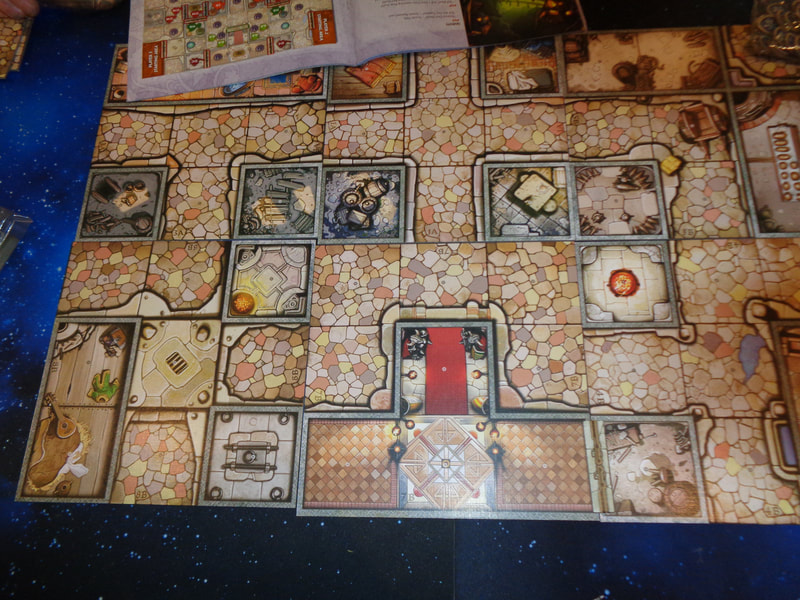
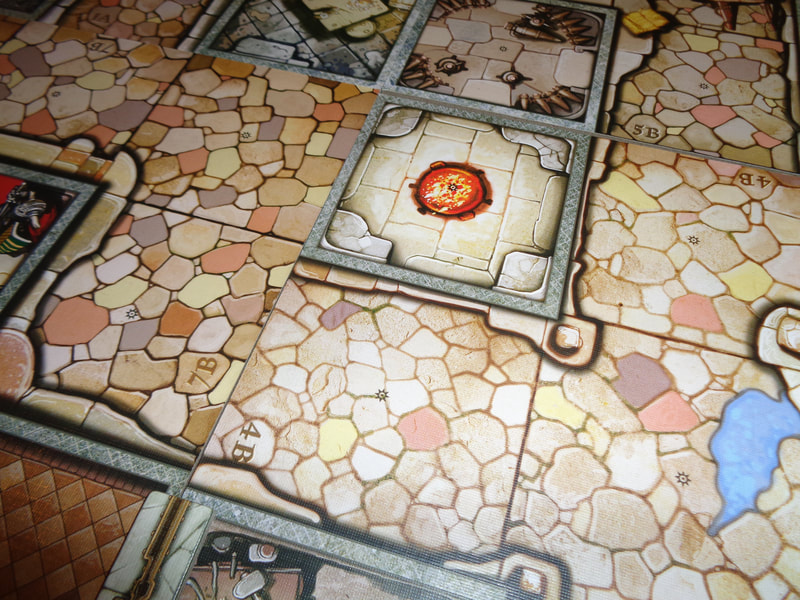
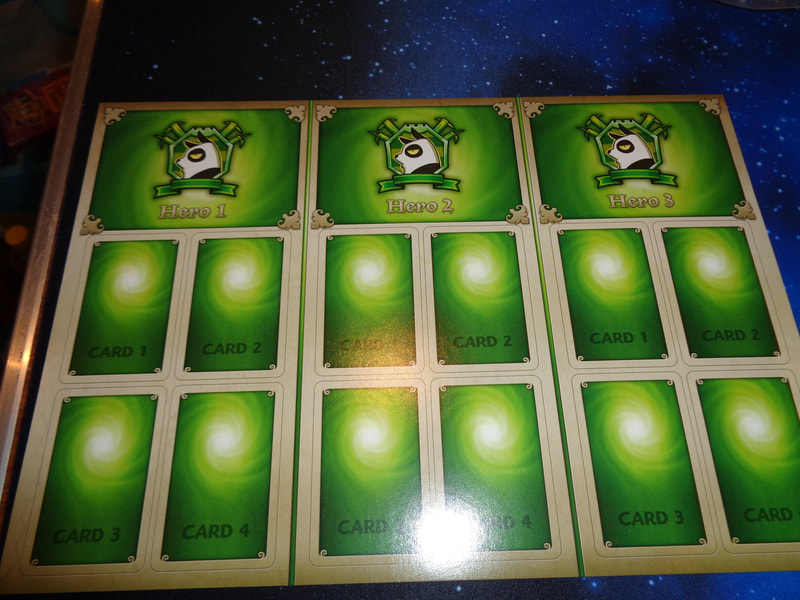
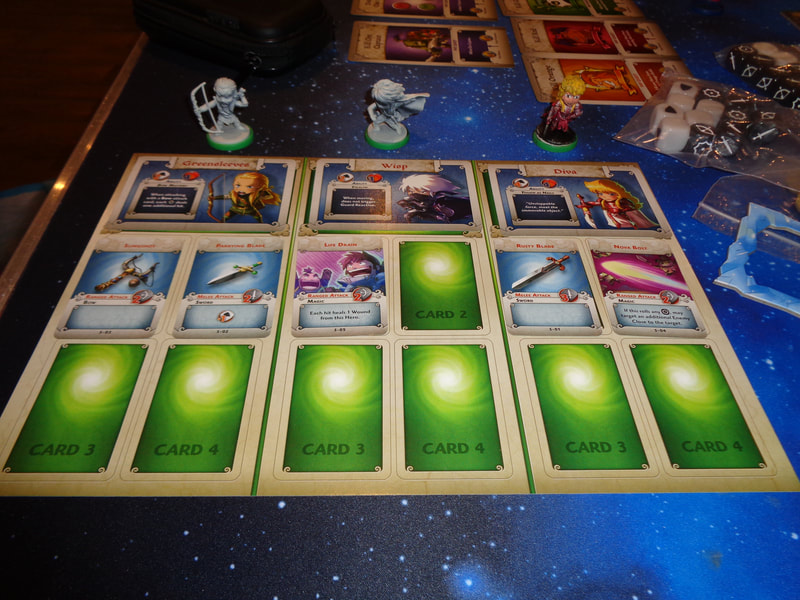
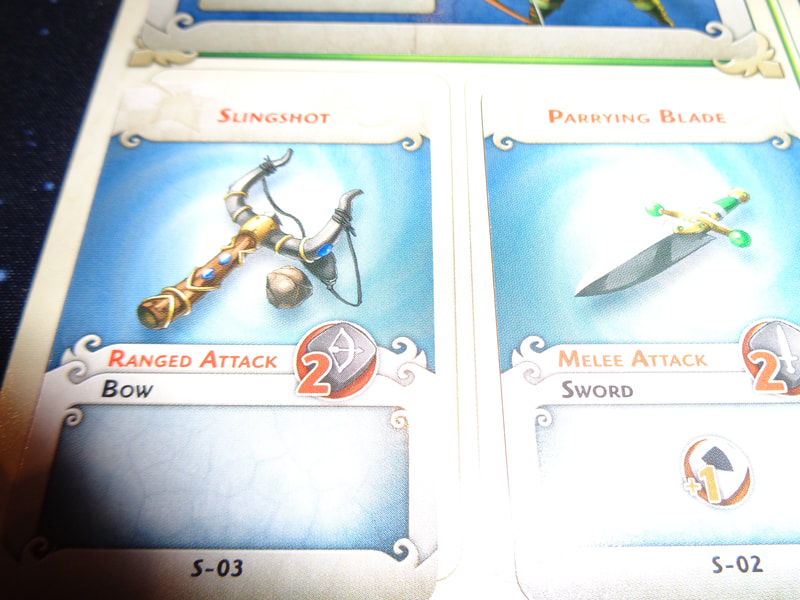
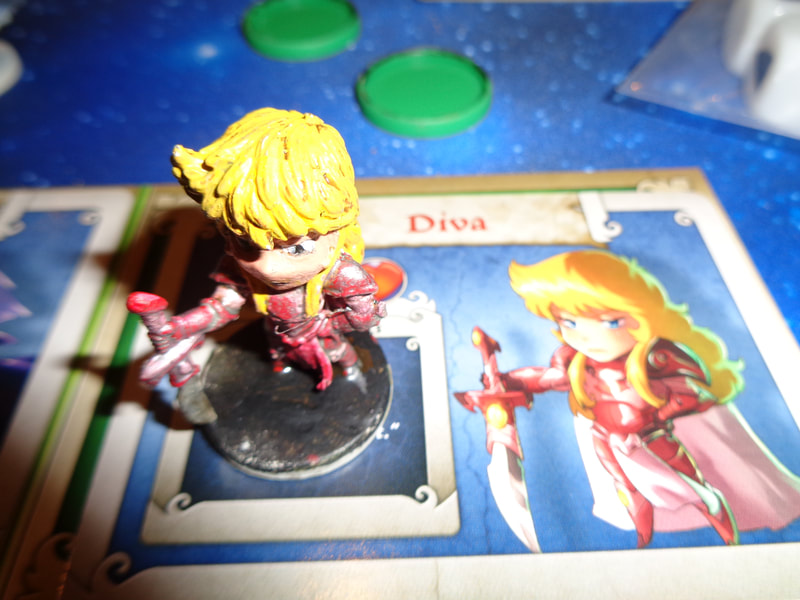
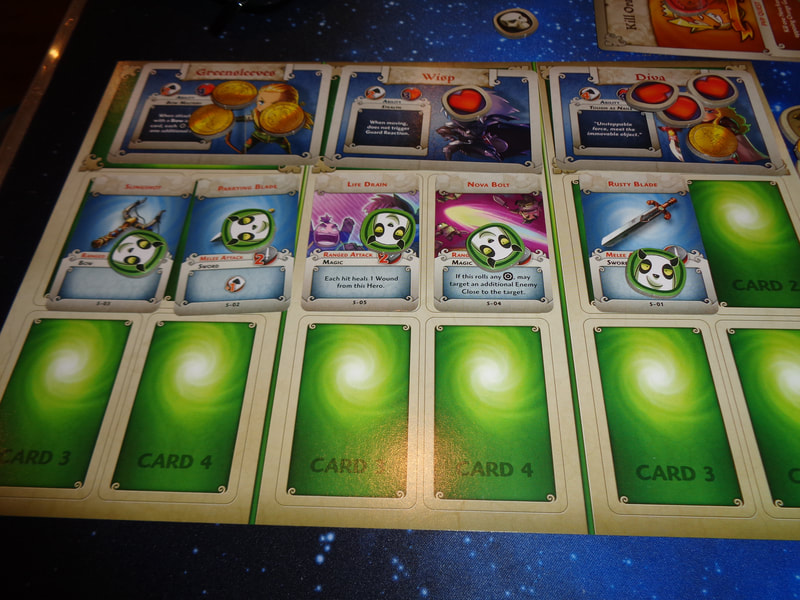
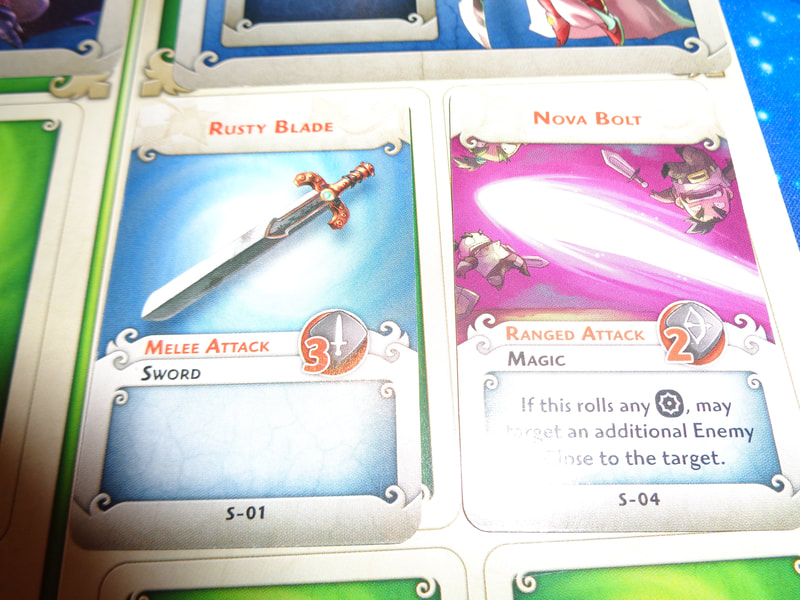
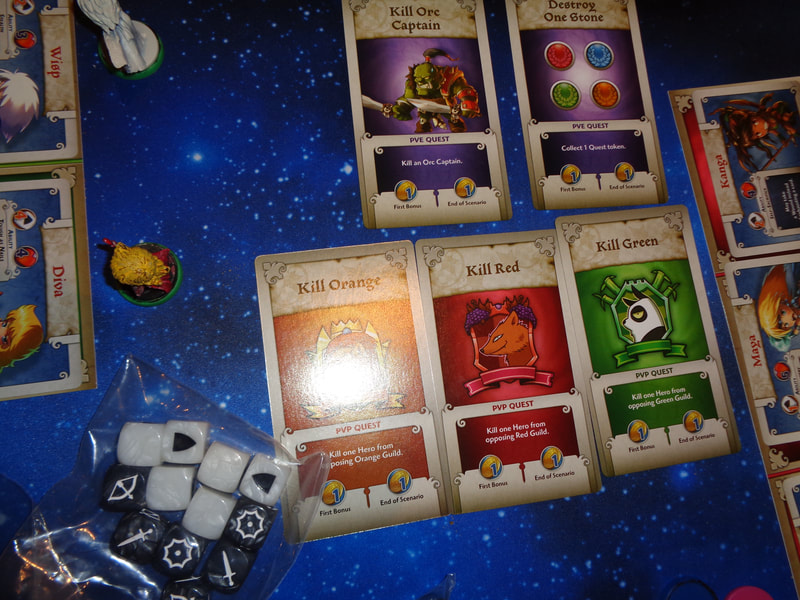
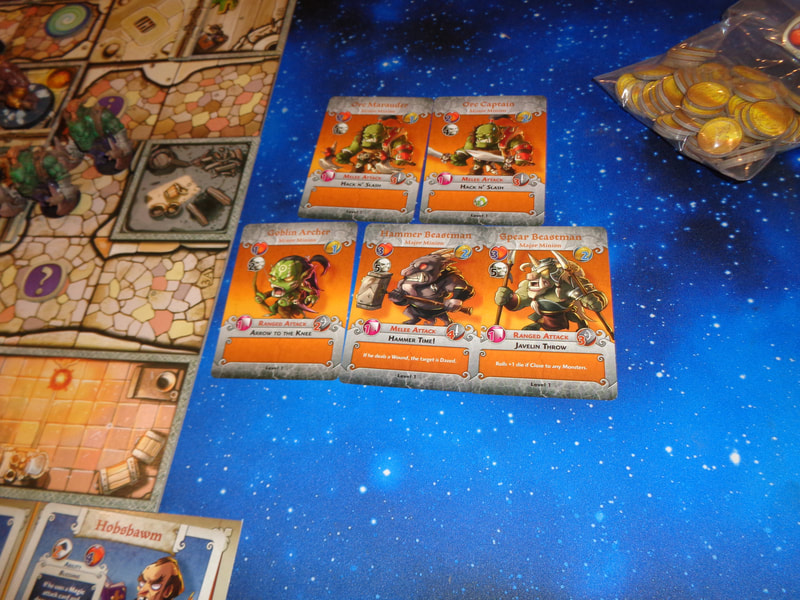
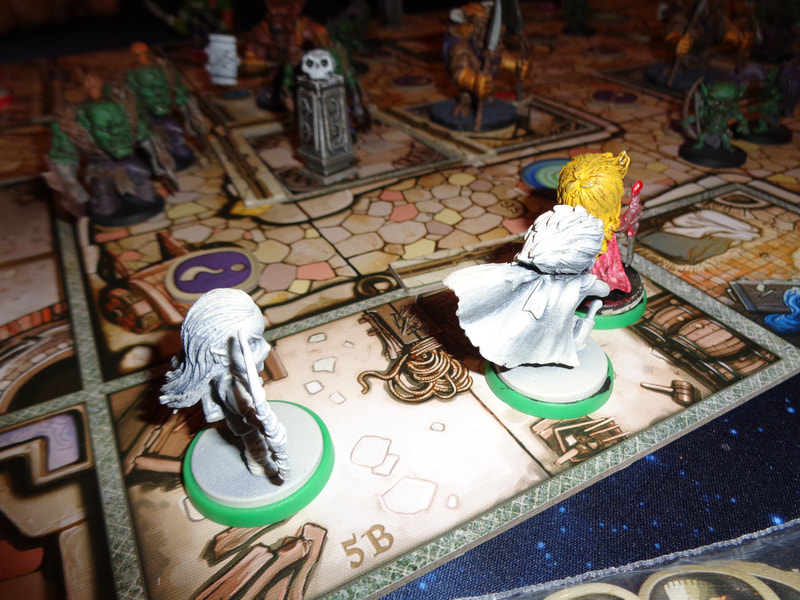
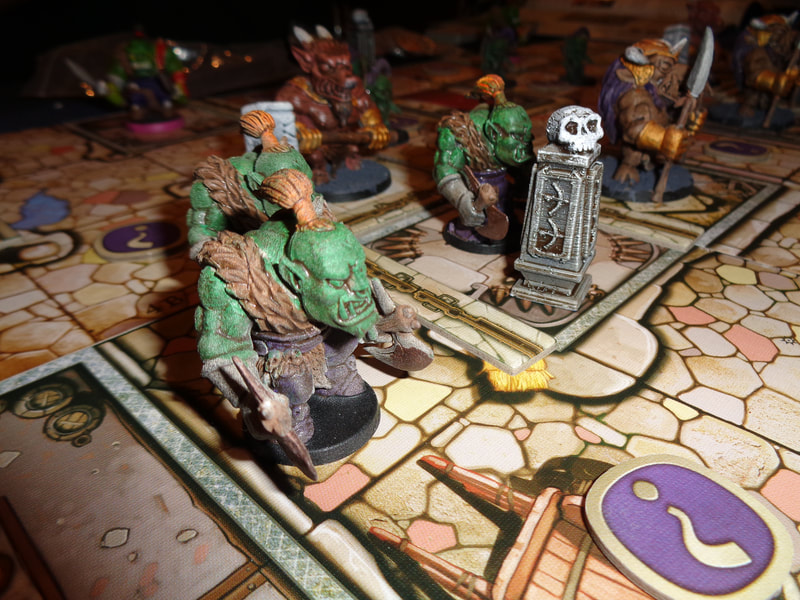
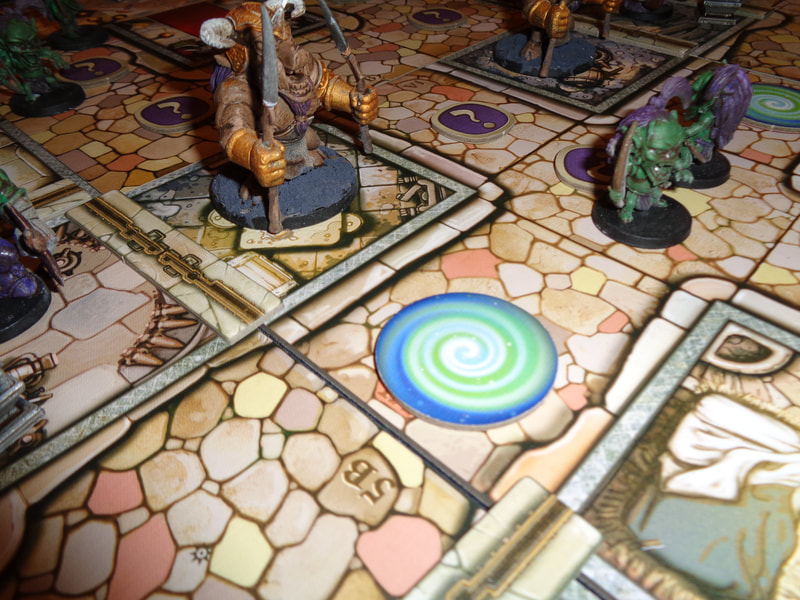
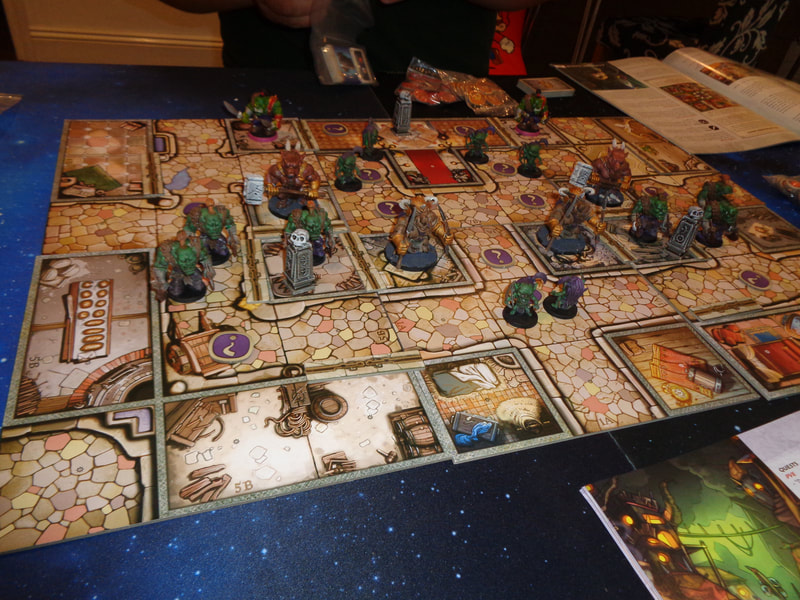
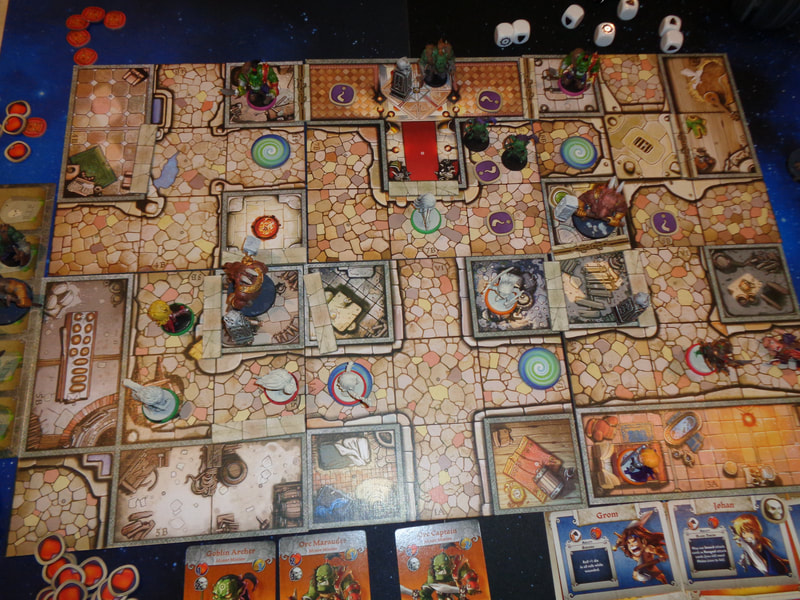
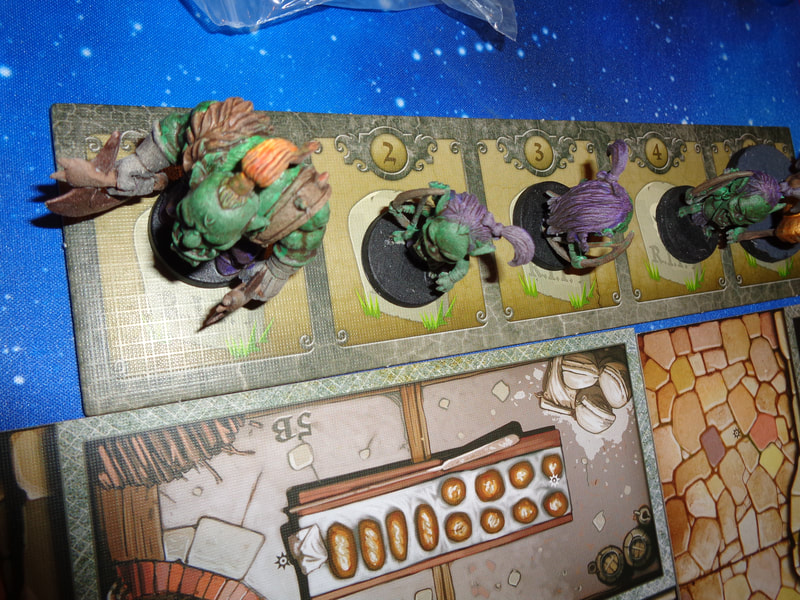
 RSS Feed
RSS Feed
